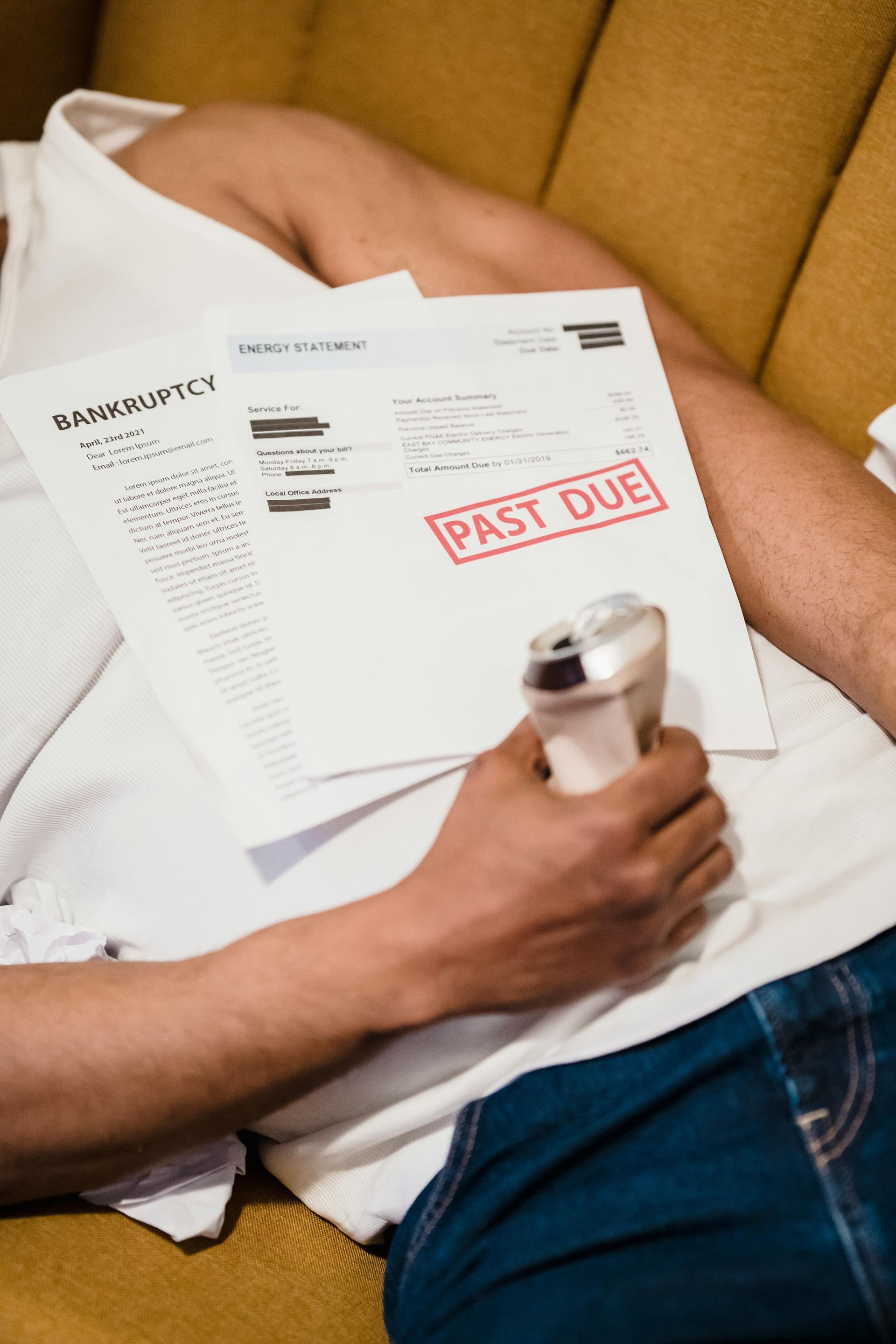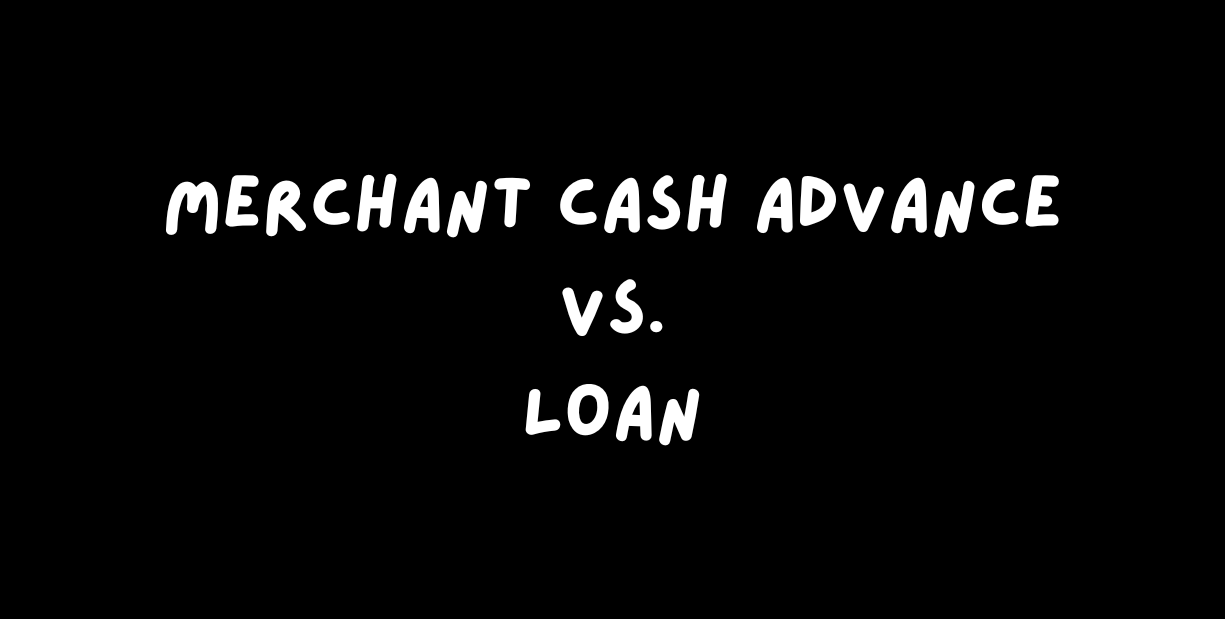What Is Chapter 11 Bankruptcy? A Complete Guide for Businesses and Individuals
What Is Chapter 11 Bankruptcy?

At J. Singer Law Group, we specialize in guiding businesses and individuals through the complexities of bankruptcy law. In this article, we’ll break down what Chapter 11 bankruptcy is, how it works, who qualifies, and what the process entails.
What Is Chapter 11 Bankruptcy?
Chapter 11 bankruptcy, also known as “reorganization bankruptcy,” is primarily designed for businesses, corporations, and high-net-worth individuals who need to restructure their debts while continuing operations. It provides a legal process for debtors to propose a repayment plan to creditors, often reducing or modifying obligations to achieve financial stability.
Unlike Chapter 7 (liquidation) or Chapter 13 (wage-earner repayment plan), Chapter 11 gives businesses the flexibility to reorganize their finances without shutting down.
Who Can File for Chapter 11 Bankruptcy?
Businesses Eligible for Chapter 11
- Corporations (C-Corp, S-Corp)
- Limited Liability Companies (LLCs)
- Partnerships
- Sole Proprietorships
Individuals Eligible for Chapter 11
Although Chapter 11 is most commonly associated with businesses, individuals can also file if they have significant debts exceeding the limits of Chapter 13 bankruptcy. This is often the case for high-income earners, real estate investors, or entrepreneurs with complex financial situations.How Chapter 11 Bankruptcy Works
Step 1: Filing the Bankruptcy Petition
A debtor (business or individual) files for Chapter 11 bankruptcy in federal court. Once filed, an automatic stay goes into effect, stopping all creditor collection efforts, including:- Lawsuits
- Foreclosures
- Wage Garnishments
- Debt Collection Calls
This gives the debtor time to develop a restructuring plan without the immediate pressure of creditors.
Step 2: Developing a Reorganization Plan
The debtor must submit a reorganization plan, which outlines:- How debts will be repaid, reduced, or restructured
- Whether assets will be sold to raise funds
- How business operations will change to improve profitability
- This plan must be approved by creditors and the bankruptcy court before taking effect.
Step 3: Gaining Creditor Approval
Creditors vote on the plan, and at least one class of impaired creditors must approve it. If a plan is rejected, the debtor can submit a modified version or request a cramdown, where the court approves the plan despite creditor objections.Step 4: Implementing the Plan
Once approved, the debtor follows the reorganization plan, making payments according to the new terms. This can involve:- Extending repayment terms
- Reducing interest rates
- Converting some debts into equity
Once obligations are met, the court closes the case, and the debtor emerges with a restructured, manageable financial situation.
What Are the Benefits of Chapter 11 Bankruptcy?
- Business Continuity – Unlike Chapter 7, Chapter 11 allows businesses to stay open while restructuring.
- Debt Reduction & Repayment Flexibility – The court can approve a plan that lowers debt obligations and creates a realistic payment schedule.
- Legal Protection from Creditors – The automatic stay prevents lawsuits, collections, and foreclosures during bankruptcy proceedings.
- Contract & Lease Modifications – Businesses can renegotiate leases, supplier agreements, and employment contracts.
- Potential to Discharge Some Debts – Once the reorganization plan is complete, certain remaining debts may be discharged.
Challenges & Risks of Chapter 11 Bankruptcy
- Expensive & Complex – Chapter 11 is more costly and legally complex than Chapter 7 or 13.
- Requires Court & Creditor Approval – Businesses must convince creditors that the plan is viable.
- Long Process – Unlike Chapter 7 (which lasts 4-6 months), Chapter 11 cases can last years.
- Potential Loss of Business Control – In some cases, a bankruptcy trustee may take over management decisions.
Small Business Chapter 11 Bankruptcy: A Faster & More Affordable Option
Recognizing that traditional Chapter 11 is costly and time-consuming, the U.S. government introduced Subchapter V of Chapter 11 for small businesses.What is Subchapter V?
- Designed for small businesses with debts under $7.5 million
- Faster and less expensive than standard Chapter 11
- Requires a reorganization plan within 90 days
- No creditor committee required, reducing legal costs
For small business owners, Subchapter V is often the best route to restructuring debts while keeping operations running.
Alternatives to Chapter 11 Bankruptcy
If Chapter 11 bankruptcy isn’t the best fit, other options may include:
- Chapter 7 Bankruptcy – If a business cannot be saved, liquidation may be the best route.
- Chapter 13 Bankruptcy – Ideal for individuals who need to restructure debts under lower limits.
- Debt Negotiation – Some businesses work out settlements directly with creditors without filing for bankruptcy.
- Business Sale or Merger – Selling the company or merging with another firm may be preferable to restructuring.
An experienced bankruptcy attorney can help determine the best course of action.
Chapter 11 Bankruptcy Success Stories
Many well-known companies have filed for Chapter 11 and successfully emerged stronger, including:
- General Motors (GM) – Filed in 2009, restructured, and is now a thriving auto company.
- Marriott Hotels – Filed in 1992 and successfully reorganized.
- United Airlines – Used Chapter 11 to emerge as a more competitive airline.
If managed properly, Chapter 11 can save businesses from collapse and provide a fresh financial start.
Conclusion
Chapter 11 bankruptcy is a powerful tool for businesses and high-debt individuals who need to restructure and regain control of their finances. While it is complex and costly, it offers debt relief, business survival, and financial recovery.
At J. Singer Law Group, we have extensive experience helping businesses and individuals navigate Chapter 11 bankruptcy . If you’re considering filing or need guidance, contact us today for a consultation.











